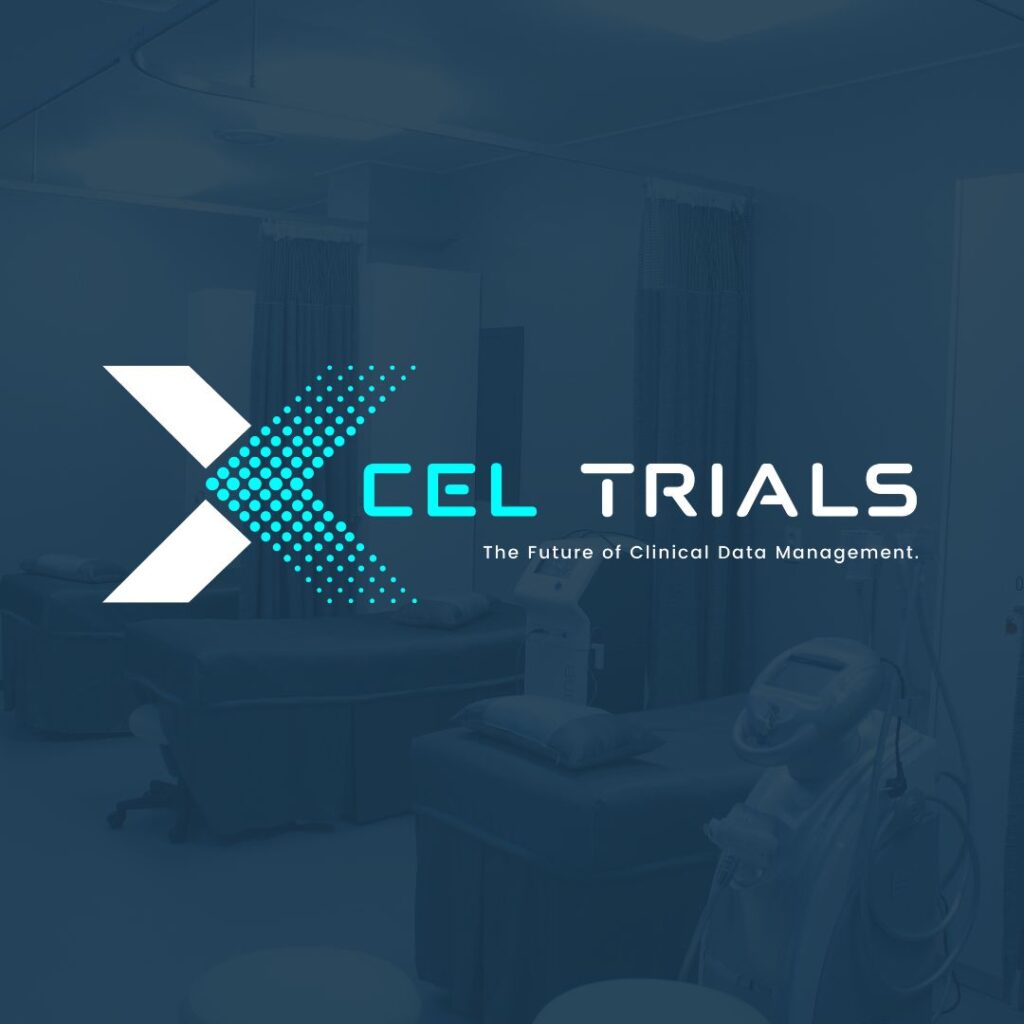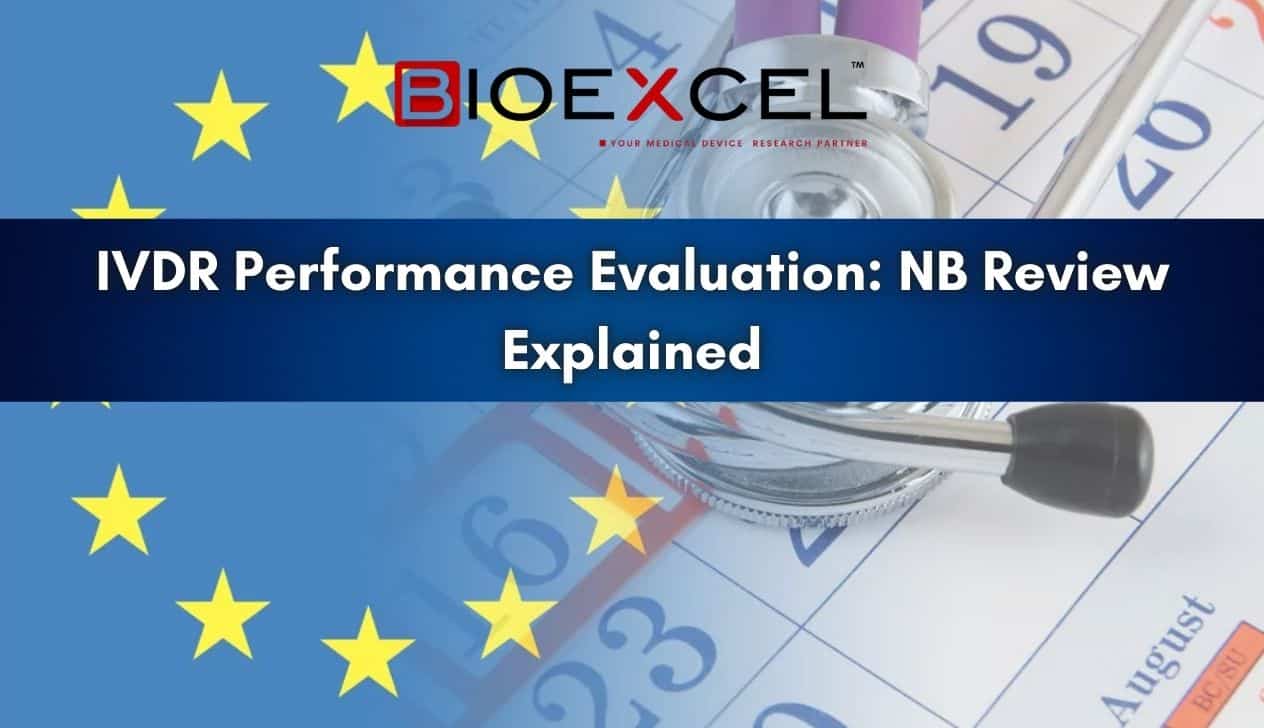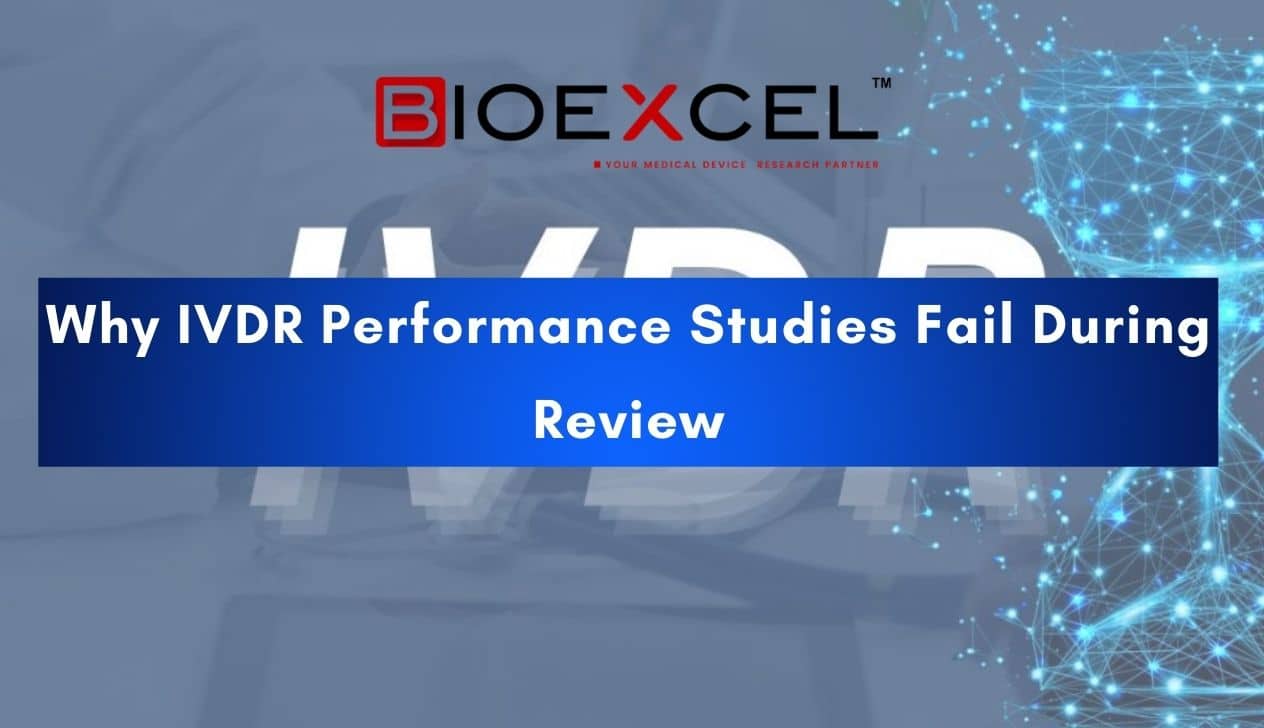
When you’re leading clinical operations and regulatory compliance like I am, there’s one scenario that plays in your head more often than you admit:
The knock on the door. The demand for documentation. The fear they’ll uncover something we missed.
Audits—whether by the FDA, CDSCO, CE bodies, or internal QA teams—are intense. But they don’t have to be terrifying. The key is knowing exactly what auditors are looking for and ensuring your clinical trial process is built to stay ahead of them.
Why Audits Fail: The Top Compliance Pitfalls
Most clinical trial audits don’t fail because of one huge mistake—they fail because of systemic gaps and inconsistent documentation. Some of the most common issues include:
- Missing or outdated informed consent forms
- Unreported protocol deviations
- Unreconciled adverse event logs
- Inconsistent source data vs. CRF entries
- Gaps in site training or investigator responsibilities
What Auditors Are Really Looking For
Auditors aren’t just checking boxes—they’re assessing whether your trial reflects the principles of Good Clinical Practice (GCP) and protects patient safety, data integrity, and traceability.
Here’s what they focus on:
1. Patient Safety and Consent
- Was informed consent obtained before any trial procedures?
- Are all consent forms signed, dated, and version-controlled?
2. Protocol Adherence
- Were protocol deviations documented and justified?
- Were they reported to the sponsor and regulators on time?
3. Data Integrity
- Does your source data match your eCRFs and EDC systems?
- Is there a clear audit trail showing every data entry or correction?
4. Training and Delegation
- Is every staff member qualified and trained?
- Do your logs reflect clear task delegation?
5. Device Accountability
- Can you track every investigational device—from shipment to patient use to return?
How to Stay Ahead of Auditors—Always
✅ Use XcelTrials to Automate Compliance Monitoring
XcelTrials, Bioexcel’s clinical trial management and monitoring platform, builds audit readiness into your daily workflow. It flags missing documents, monitors for data inconsistencies, and ensures GCP compliance—without adding to your team’s workload.
“Since using XcelTrials, we’ve reduced audit findings by over 85% and cut protocol deviation response times by more than 40%.”
✅ Centralize Your Trial Master File with XcelTrials eTMF
XcelTrials offers a fully digital eTMF system with real-time version control, access logs, and automatic expiration alerts. No more digging through binders or chasing down site coordinators for updates.
- FDA- and CE-compliant digital signatures
- Instant document retrieval during audits
- Real-time dashboards for document completeness
✅ Run Internal Mock Audits Using XcelTrials Tools

With XcelTrials, you can simulate audit scenarios across your trial portfolio. Run internal reviews, spot weak links, and train sites using real-time compliance feedback.
✅ Enable Real-Time Monitoring and Alerts
XcelTrials provides centralised dashboards for deviation tracking, SAE reconciliation, and informed consent version mismatches. Every stakeholder—sponsor, site, monitor—sees the same up-to-date view.
- No surprises during audits
- Zero time wasted on reconciliation
- Full audit trail baked into every action
Why It Matters: One Finding Can Derail Everything
An audit isn’t just about paperwork—it’s about proving your trial is ethical, accurate, and controlled. One overlooked deviation or consent form could lead to:
- Regulatory delays
- Trial suspension
- Loss of sponsor confidence
- Damaged professional reputation
XcelTrials: Your Compliance Co-Pilot

XcelTrials was built for people like me—people who can’t afford to gamble with compliance.
With it, I get:
- End-to-end GCP oversight
- Automated data reconciliation
- Fully auditable documentation
- Risk-based monitoring that’s built to scale
Don’t Wait for the Auditor to Tell You What’s Broken
If you’re not 100% confident in your audit readiness, now is the time to act.
👉 Schedule a demo of XcelTrials, and let’s make your next audit a non-event—not a crisis.




